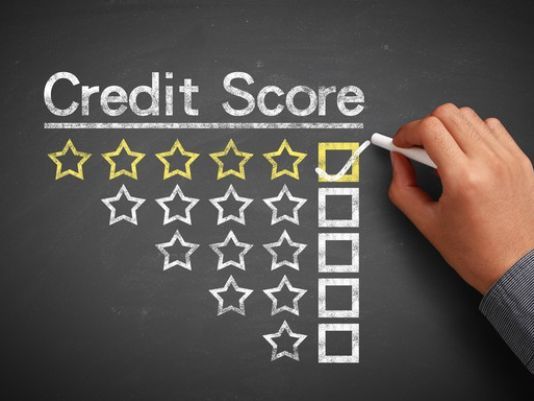
A credit score is an important measure of your financial health. The better your score, the more likely you are to get a good deal on a home or a car, or to be able to rent an apartment — and maybe even get a date.
While most Americans have average credit, it is possible to achieve the “perfect” score, according to financial website GOBankingRates, if you focus on these four things.
Understand how scoring works
First, it helps to understand how credit scoring works. Many creditors use the popular FICO or VantageScore scoring systems, which combine financial data collected from major credit bureaus Equifax, Experian and TransUnion to determine your rating. Each system ranges from a low of 300 to a high, or “perfect” score, of 850.
Scores are tied to financial decisions you make, such as paying off your student loans or credit-card bills.
Pay bills in full and on time
Speaking of credit-card bills, paying those and others in full and on time is key to building good credit. And since details about your payment history, including late or missed payments, are considered public record, you should aim to pay as much of their monthly balance as you can, on time, every time.
Louis DeNicola, a freelance writer specializing in personal finance and credit, tells GoBankingRates his score is above 800 because he’s never had a late payment.
“From the beginning, I treated credit cards like debit cards and only purchased what I could afford to pay off,” he says. And, “since I know I have enough money to cover what I buy, I’ve turned on autopay for all my credit cards to ensure I don’t accidentally miss a payment.”
Still, mistakes happen. If you miss a payment, just be sure to address it as soon as you can.
Be aware of how you’re swiping
In addition to making timely payments, keep an eye on your utilization rate, which is the ratio of how much you’ve spent on your credit card versus the card’s limit. “The smaller that percentage is, the better it is for your credit rating,” Bankrate explains. The ideal utilization rate is less than 30% of your available credit.
If you have multiple cards, try to eliminate the small, lingering balances, too. “One of the items your score considers is how many of your cards have balances,” John Ulzheimer, a credit expert formerly of FICO and Equifax, tells Bankrate.
Choose one or two go-to cards for most of your purchases, he says: “That way, you’re not polluting your credit report with a lot of balances.”
Check your score regularly
It’s important to stay informed by checking your score regularly. Most institutions allow you to find out your score for free, and it’s a good way to track your progress.
While it’s important to maintain a healthy score, you don’t necessarily “have to have a perfect credit score to get the best credit terms,” Bankrate notes. A score ranging from 700 to 749 is considered “good” and 750 or above is considered “excellent.”
If you don’t have any credit at all, check out these tips on how to establish it.

